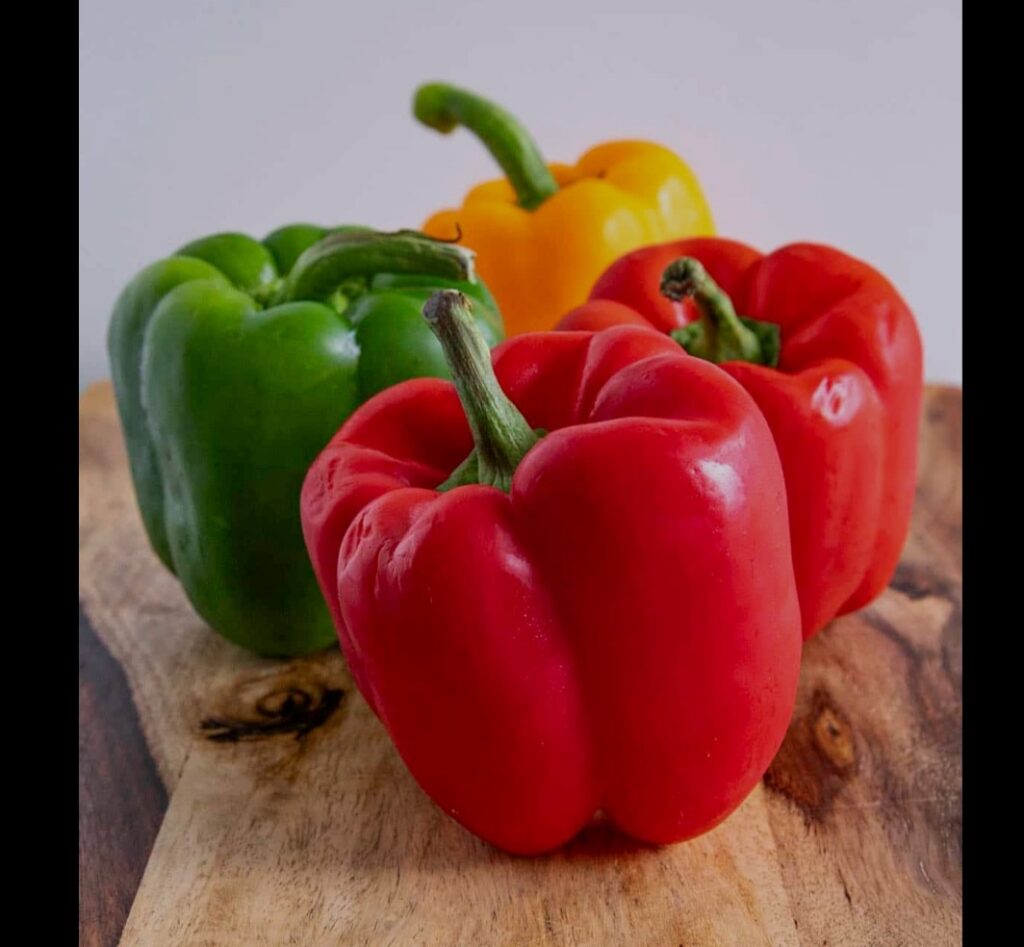
The Federal University of Technology, Akure (FUTA) is ramping up its bell pepper production in a bold move aimed at boosting food security and positioning Nigeria as a player in the global vegetable market.
The university is expanding its greenhouse facilities from one to six before the year ends, a strategic shift driven by surging demand and the need to strengthen farmer training initiatives. The expansion will be anchored by FUTA’s Vegetable Production Centre, which is set to serve as both a production hub and a hands-on training ground for individuals and farmers interested in greenhouse cultivation.
The star of FUTA’s project is its F1 hybrid bell pepper an early-ripening, disease-resistant, bushy plant variety that requires no staking. Each fruit measures about 10–11 cm in width and 11–12 cm in length, with an average weight of 250–280 g. According to university officials, vendors from Lagos and Ibadan have already placed orders ahead of the harvest.
Vice-Chancellor Prof. Adenike Oladiji said the initiative reflects FUTA’s commitment to agricultural innovation, sustainable food production, and market expansion. “We are determined to ensure affordable availability of high-quality produce while exploring opportunities for exportation,” she stated.
FUTA plans to collaborate with government agencies, private investors, and agricultural organizations to make its greenhouse model accessible for both small-scale and commercial farmers. By scaling production and offering structured training, the institution hopes to enhance Nigeria’s agricultural capacity while tapping into lucrative export markets.
This development signals a growing momentum in Nigerian horticulture, with FUTA’s bell pepper project potentially serving as a blueprint for modern, high-yield vegetable farming in the country.
